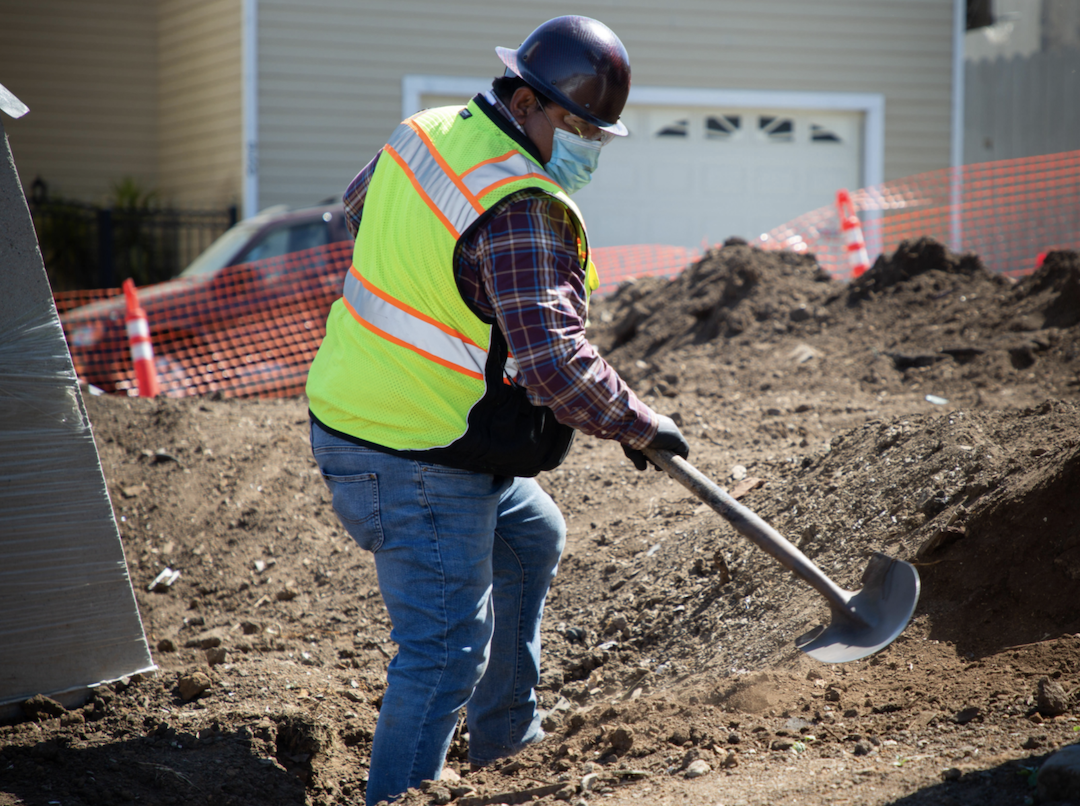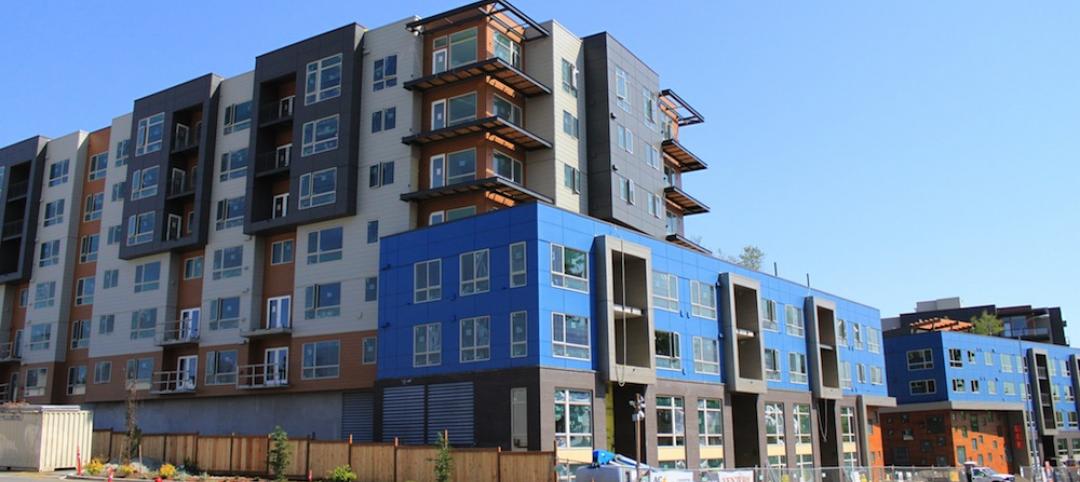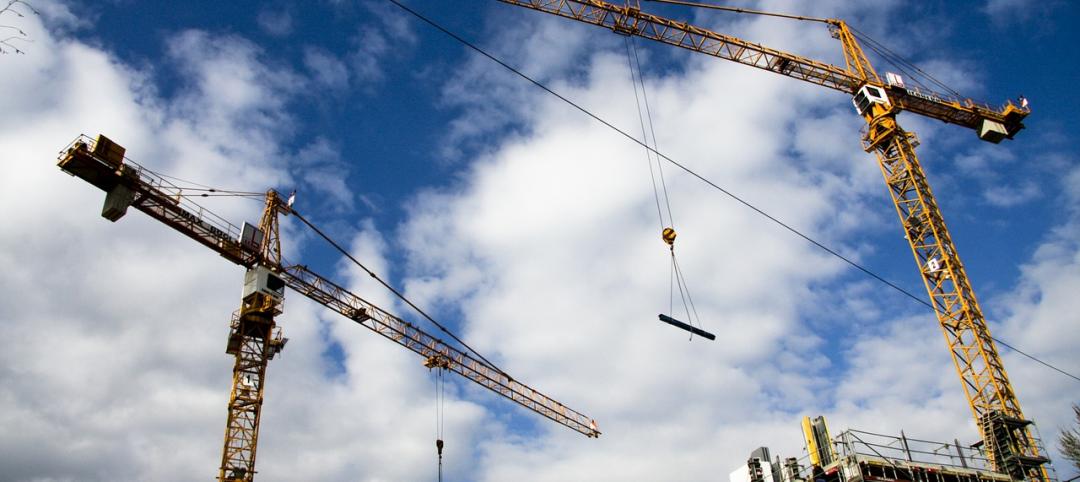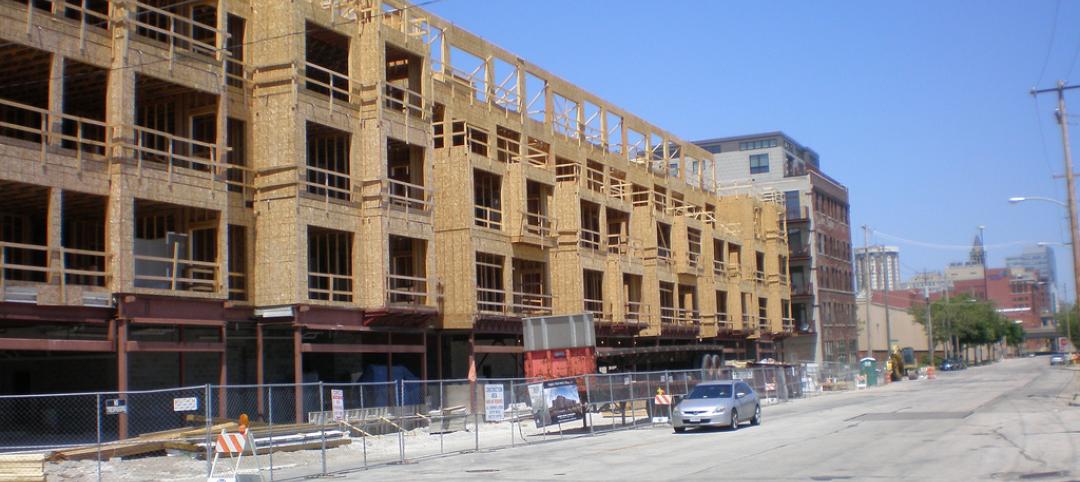Construction employment increased by 31,000 jobs between October and November as nonresidential construction firms added workers for the third month in a row, according to an analysis by the Associated General Contractors of America of government data released today. Association officials said construction firms were likely to have added even more jobs if they could find more qualified workers to hire with many firms reporting a growing number of unfilled positions.
“It is heartening to see steady job growth across all construction segments following a long period during which only residential contractors were adding employees,” said Ken Simonson, the association’s chief economist. “But record job openings show the industry needs still more workers as more types of nonresidential projects get started.”
Construction employment in November totaled 7,533,000, an increase of 31,000 since October and the highest seasonally adjusted figure since March 2020. However, industry employment still trails the pre-pandemic peak, set in February 2020, by 115,000 positions.
Nonresidential construction firms added 20,800 employees in November, following a pickup of 34,600 in October. The category comprises nonresidential building contractors, which added 5,900 employees; specialty trade contractors, with a gain of 6,800 workers; and heavy and civil engineering construction firms, with 8,100 more workers than in October, But nonresidential employment remains 209,000 below the February 2020 level, as the sector has recovered only 67% of the jobs lost in the first two months of the pandemic.
Residential construction added 10,300 employees in November. Residential building contractors such as homebuilders and general contractors that concentrate on multifamily construction, added 4,100 workers during the month, while residential specialty trade contractors added 6,200 employees. Residential employment in November exceeded the February 2020 mark by 95,000 positions.
Simonson noted that the number of job openings in the industry reached 333,000 in September, the latest month available. That amount is an all-time high for the month, he added.
Association officials said workforce shortages were likely to become more severe, citing the significant increase in federal infrastructure investments that will come now that the Bipartisan Infrastructure Bill has been enacted. They urged federal officials to boost investments in career and technical education programs that are needed to make more new workers aware of construction career opportunities.
“These new federal investments will create many new career opportunities in construction, now we need to make sure potential workers are aware of those opportunities and prepared to take advantage of them,” said Stephen E. Sandherr, the association’s chief executive officer.
View the construction employment table.
Related Stories
Hotel Facilities | Jan 13, 2016
Hotel construction should remain strong through 2017
More than 100,000 rooms could be delivered this year alone.
Market Data | Jan 6, 2016
Census Bureau revises 10 years’ worth of construction spending figures
The largest revisions came in the last two years and were largely upward.
Market Data | Jan 5, 2016
Majority of AEC firms saw growth in 2015, remain optimistic for 2016: BD+C survey
By all indications, 2015 was another solid year for U.S. architecture, engineering, and construction firms.
Market Data | Jan 5, 2016
Nonresidential construction spending falters in November
Only 4 of 16 subsectors showed gains
Market Data | Dec 15, 2015
AIA: Architecture Billings Index hits another bump
Business conditions show continued strength in South and West regions.
Market Data | Dec 7, 2015
2016 forecast: Continued growth expected for the construction industry
ABC forecasts growth in nonresidential construction spending of 7.4% in 2016 along with growth in employment and backlog.













